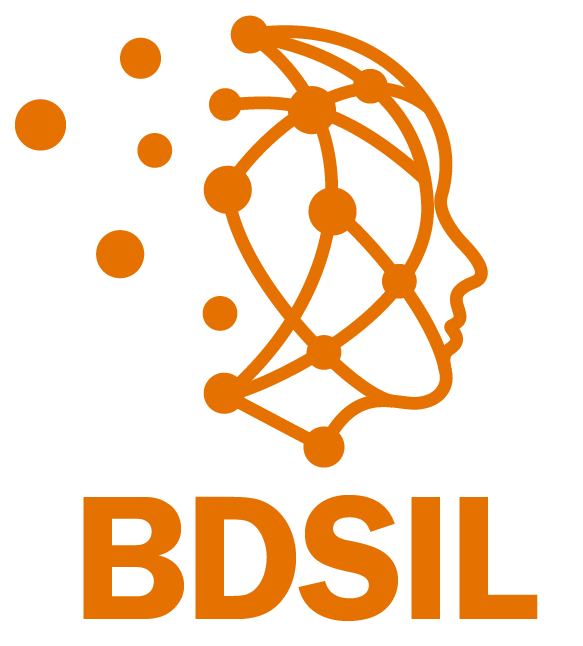Pan-Cancer Landscape of Epigenetic Factor Expression Predicts Tumor Outcome
Oncogenic pathways that drive cancer progression reflect both genetic changes and epigenetic regulation. Dr. Coller's lab found that tumors for five cancer types (ACC, KIRC, LGG, LIHC, and LUAD) separated into two robust clusters based on epigenetic factors and the clusters predicted outcome better than grade or epithelial-to-mesenchymal transition. A pan-cancer machine learning model deploying epifactor expression data for these five cancer types successfully separated the patients into poor and better outcome groups. This study provides an epigenetic map of cancer types and lays a foundation for discovering pan-cancer targetable epifactors.
Hilary A. Coller, Ph.D., studies the genetic and molecular basis of quiescence, a temporary state during which cells do not proliferate or divide to produce more cells. Her efforts could advance treatments for diseases associated with excess cell proliferation, such as cancer, or a lack of cell proliferation, such as chronic wounds.
